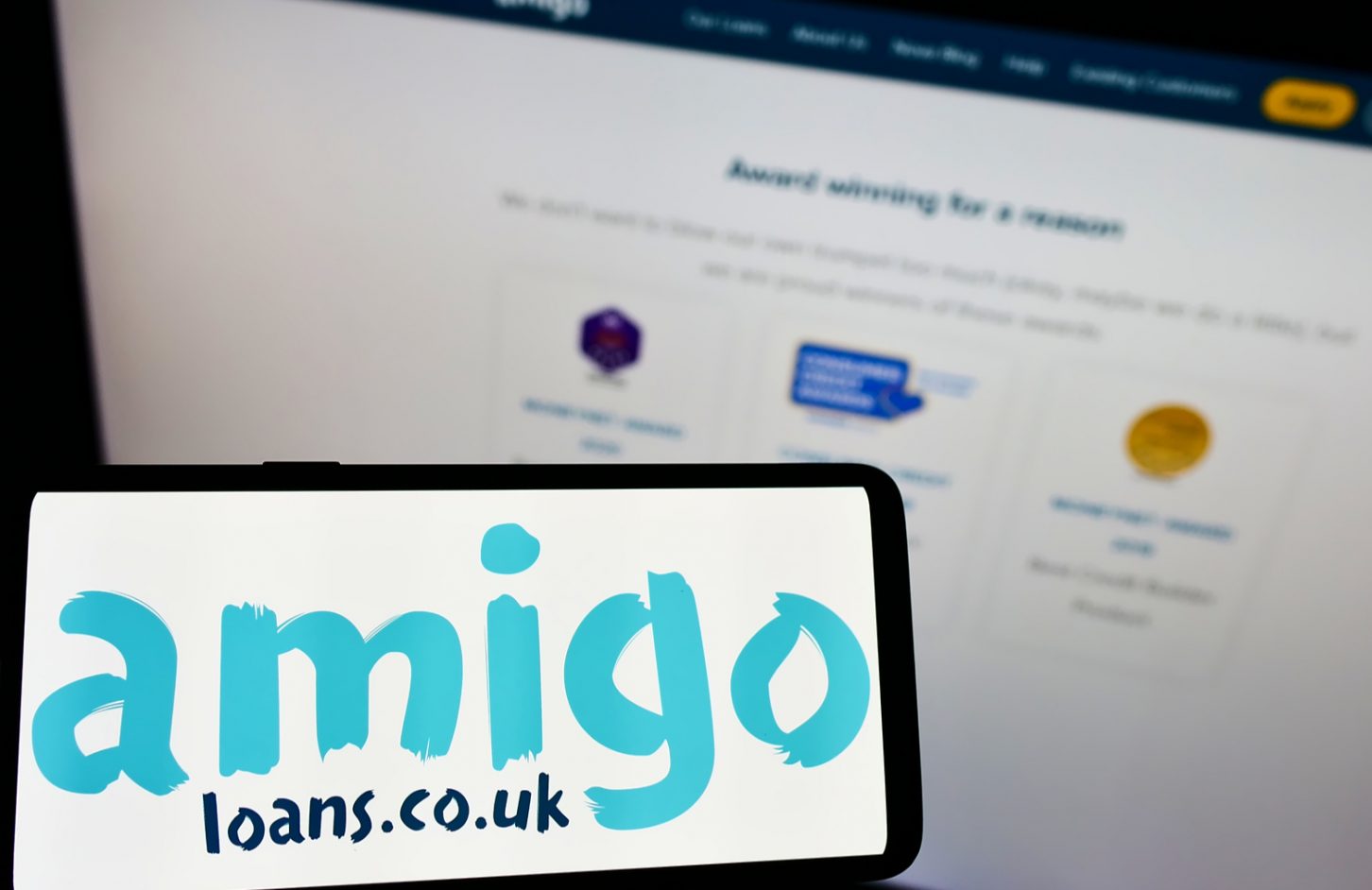Subprime money lender Amigo has announced it plans to re-join the loaning market two years after the company ceased its lending.
The London-listed company stopped its lending in 2020, after it was found it had acted irresponsibly in its loans to financially at-risk consumers.
Following a boom in profits in 2017, 2018, and 2019, “the business grew very quickly and as a result of that desire for growth, it compromised its lending standards,” Amigo CEO Gary Jennison said in an interview with UKTN.
“We cut corners and we didn’t do proper affordability checks and quite rightly, we’ve had to put that right,” Jennison said.
Amigo operates in the subprime lending market, meaning it provides loans to those unable to get financial support from banking institutions due to poor credit ratings.
The current CEO was brought into the company in September 2020, after it had already ceased lending.
Jennison told UKTN that Amigo was gearing up for a return with a new, more responsible business model that will use open banking technology to conduct more diligent affordability checks.
“We did a few things wrong but let’s be frank, we’re not going to do that again, there’s a brand new management team, a brand new board of directors, and we’re going to get it right this time,” said Jennison.
Despite Jennison being optimistic about Amigo’s return to lending, the decision remains in the hands of financial regulators, who have yet to give the green light.
Tighter regulation on subprime lending blossomed out of the 2008 financial crisis and has a considerable impact on the industry. Wonga, a former competitor of Amigo, was ultimately forced to close.
Now that the UK is facing a major rise in the cost of living, Jennison expects a resurgence in subprime lending, creating the potential for old mistakes to return.
Jennison, however, insists that Amigo will only lend money to those who can afford to take on the debt.
“We were keen to lend money in 2017 and 18, and 19. So we were making decisions that we should have said no to. The protection comes from making sure we don’t let customers over-commit themselves.”
Amigo embraces open banking and automation
Amigo’s chief customer officer, Jake Ranson, told UKTN that the company’s return would see a new version of its loan products.
“It’s a very consumer-centric product that uses a lot of new technologies,” Ranson said.
“Open banking, biometric ID verification, and automation. It is quite loaded with new tech, whereas the legacy business is very analogue.”
While the Amigo executive team stressed that customer affordability checks would be a prioritised policy of its comeback, the considerable financial difficulties being faced by Amigo’s target market may be massively cutting into its customer base.
Ranson said that the target customers for Amigo’s return to lending will have to differ somewhat from the bulk of borrowers before the ban.
“Younger borrowers are very firmly in our sights, people who haven’t had the time and the chance to build up a weight of evidence in their credit score,” Ranson said.
“Same with people who are new to the country; there’s a very attractive group of customers to us who have been in the UK for under three years. But again, work hard and deserve the opportunities that access to credit can bring.”
As part of its agreement with regulators, Amigo has committed to a lending cap of £35m for at least the first few months of its return, whenever that may be.
“Our lending volume aspirations are going to be much, much lower than they were when we were lending £40m a month,” Jennison said.

